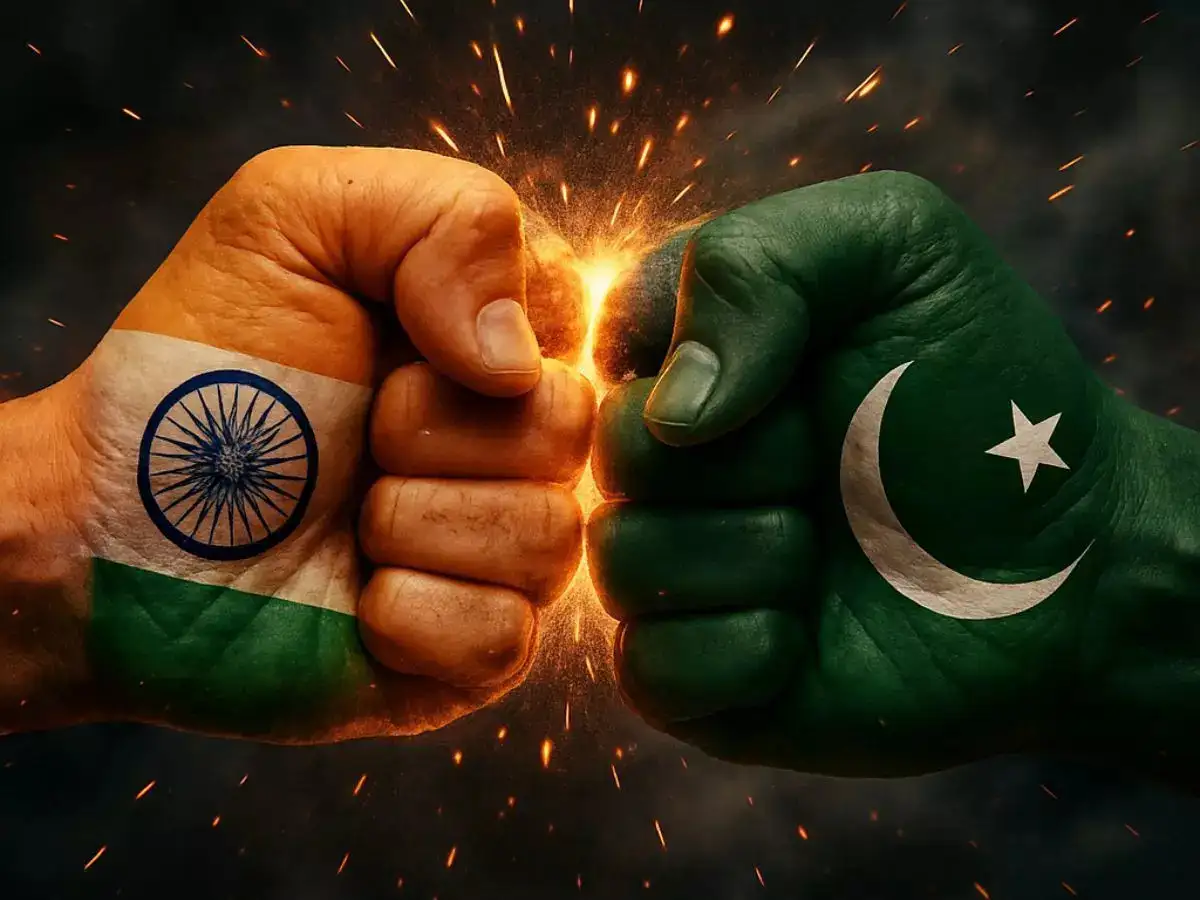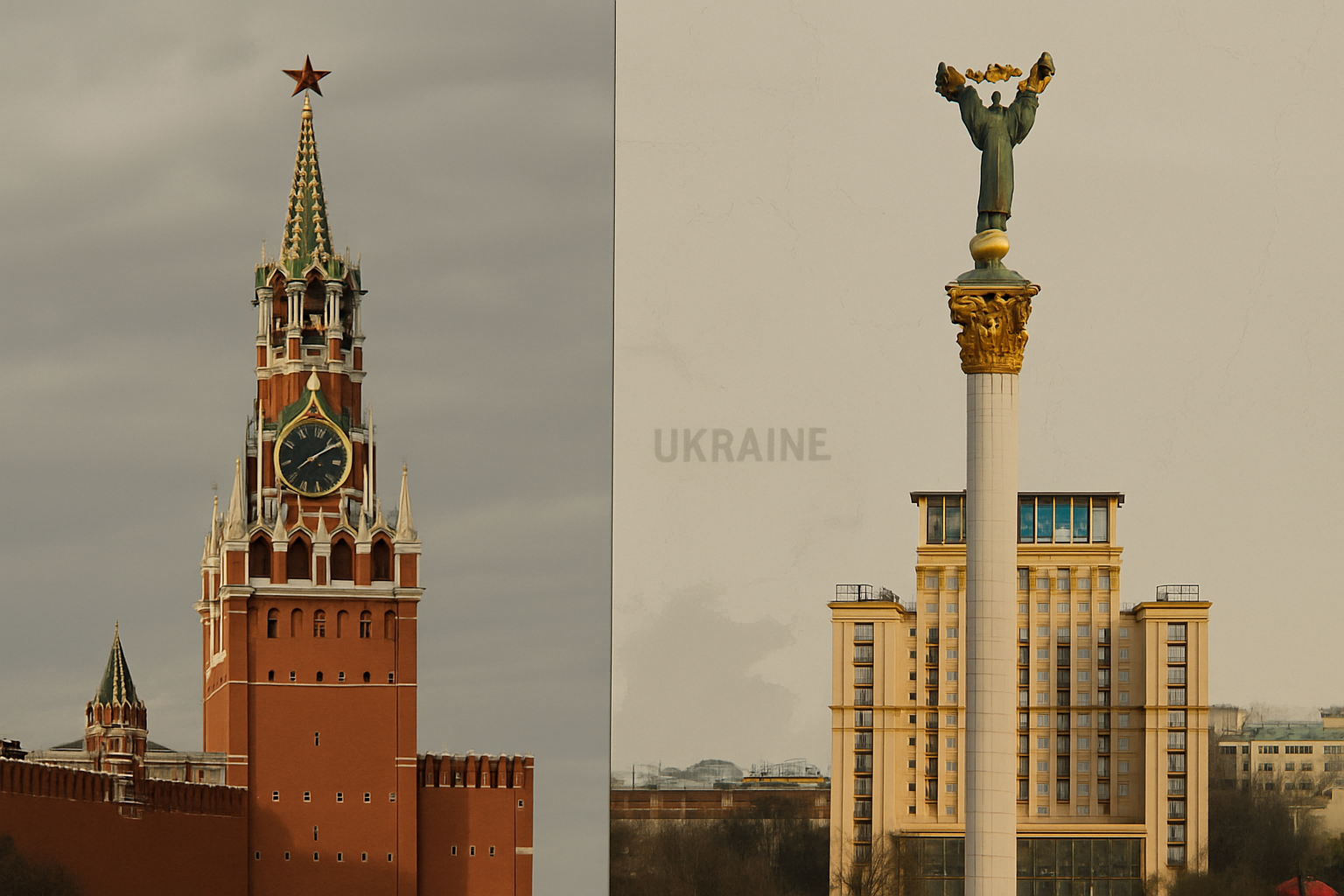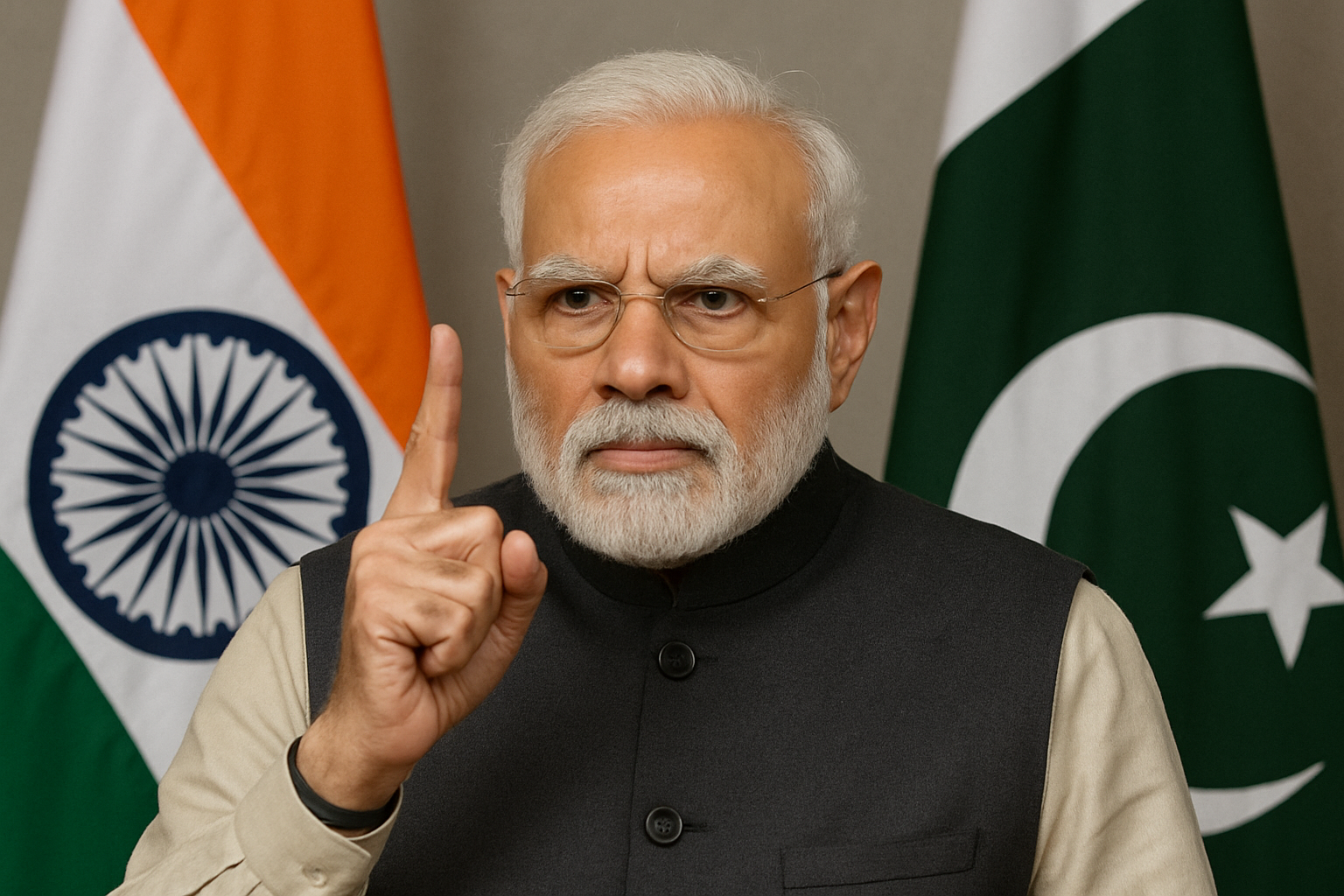In the high-stakes world of geopolitics, silence can be more powerful than words. Prime Minister Narendra Modi’s decision to refrain from immediate public or diplomatic responses following recent provocations from Pakistan has sparked widespread discussion among political analysts and global observers. Rather than reacting with fiery rhetoric or military posturing, India maintained a calculated silence—one that appears to have left Pakistan diplomatically isolated and now extending calls for peace.
The Background: Provocation Meets Restraint
India-Pakistan tensions have been on and off for a long time, especially on the issues of Kashmir, cross-border terrorism, and ceasefire violations along the Line of Control (LoC). In past conflicts, like the 2016 Uri attack or the 2019 Pulwama attack, India reacted with aggressive measures like surgical strikes and air raids. But this time, in the face of provocative rhetoric and small ceasefire violations, the Modi government did not escalate the situation—publicly or militarily.
This sudden restraint was not weakness, but calculated strategy. India’s silence was thunderous, and it placed the burden squarely on Pakistan to explain, justify, or back away from its stance without bringing India into a tit-for-tat game.
Diplomatic Isolation of Pakistan
While India continued to keep a distance from direct intervention, Pakistan got more and more isolated on the global platform. Without the traditional cycle of reprisal to mobilize domestic sentiments or global sympathy, Pakistan’s assertions met with little acceptance. World powers like the United States of America and members of the European Union persisted in keeping de-escalation as their theme and acknowledging India’s cautious attitude.
In addition, India’s diplomatic priorities turned toward supporting relations with local players, expanding trade arrangements, and participating in multilateral settings such as the G20 and SCO, where New Delhi stood as a mature and responsible actor in the subcontinent. To the contrary, Pakistan’s continual grievances without merit seemed shallow, and even in some quarters, desperate.
The Power of Silence as a Strategy
Modi’s silence was not merely inaction—it was a psychological tactic aimed at unsettling an opponent that thrives on reaction. Pakistan’s political and military establishment is accustomed to leveraging tension with India as a unifying narrative for domestic consumption. By denying them that confrontation, India disrupted their usual playbook.
This strategy also provided India with time to solidify global opinion, make contingency plans, and let Pakistan’s diplomatic credibility weaken. When no counterattack or provocative statement emerged from New Delhi, Islamabad’s threats and warnings started to sound hollow—even domestically.
The Shift in Pakistan’s Tone
As the weeks went by without an Indian reaction, a perceptible change was seen in Pakistan’s rhetoric. Top Pakistani officials started talking about the need for peace, economic growth, and regional cooperation. There were demands to restart talks, re-initiate trade negotiations, and even revive back-channel diplomacy.
Many believe this change was less about genuine goodwill and more a realization that Pakistan was losing the diplomatic game. With economic pressures mounting at home and international patience wearing thin, Islamabad needed an off-ramp—and it found one in India’s silence.
Modi’s Broader Strategic Vision
Prime Minister Modi’s approach reflects a broader strategic shift in India’s foreign policy: projecting strength through stability and influence through restraint. This style diverges from past methods of confrontation, focusing instead on using India’s rising economic and diplomatic stature to shape narratives rather than react to them.
India’s silence, in this case, wasn’t an absence of policy—it was the policy.
Conclusion
In geopolitics, as in chess, sometimes the most powerful move is no move at all. Modi’s strategic silence has proven that in a world of instant reactions and constant noise, restraint can speak volumes. By not engaging with Pakistan’s provocations, India not only maintained the moral high ground but also maneuvered its neighbor into a corner—where the only logical step left was to seek peace.






